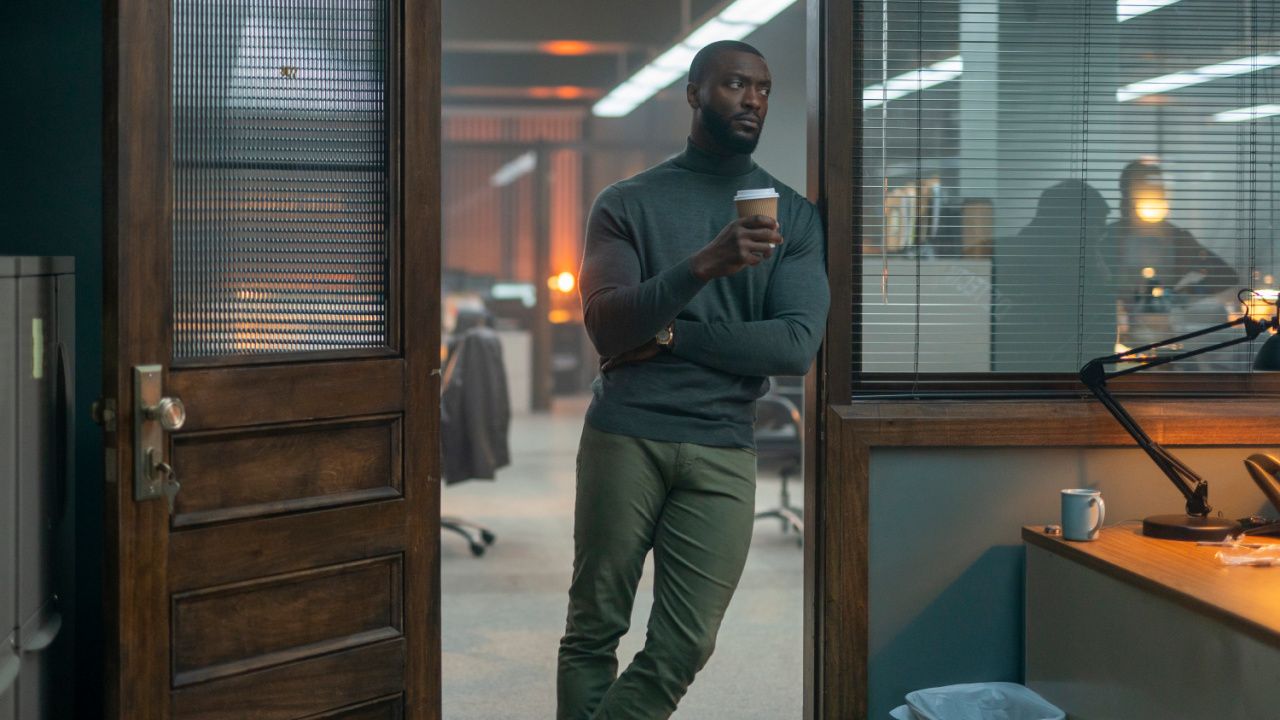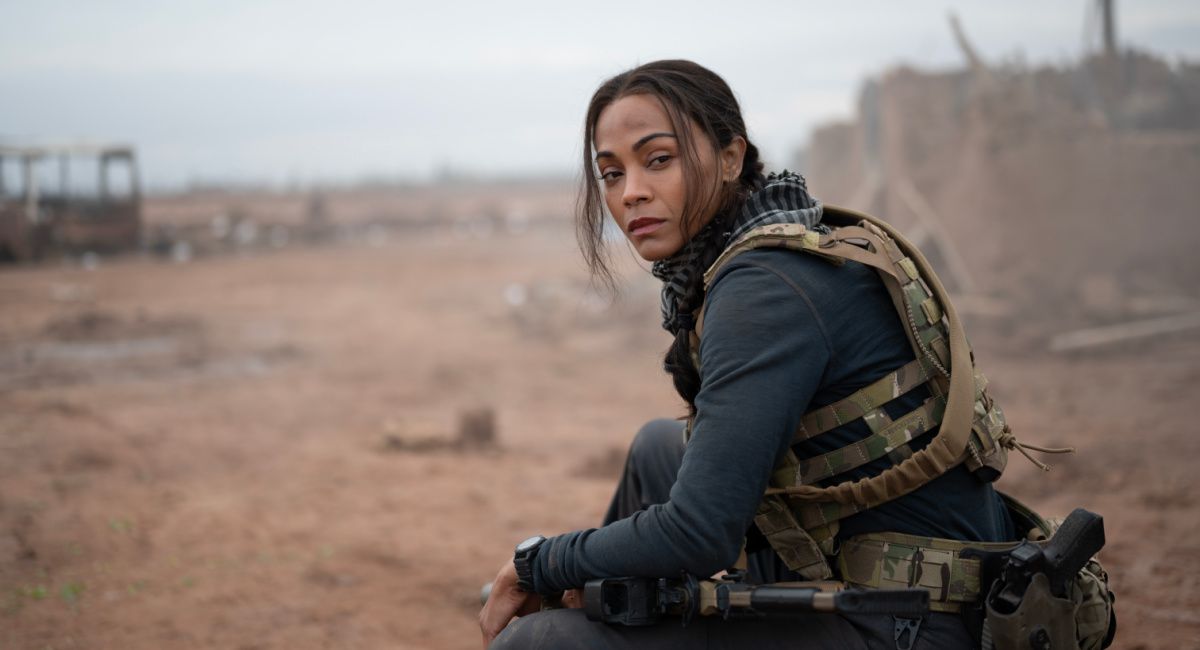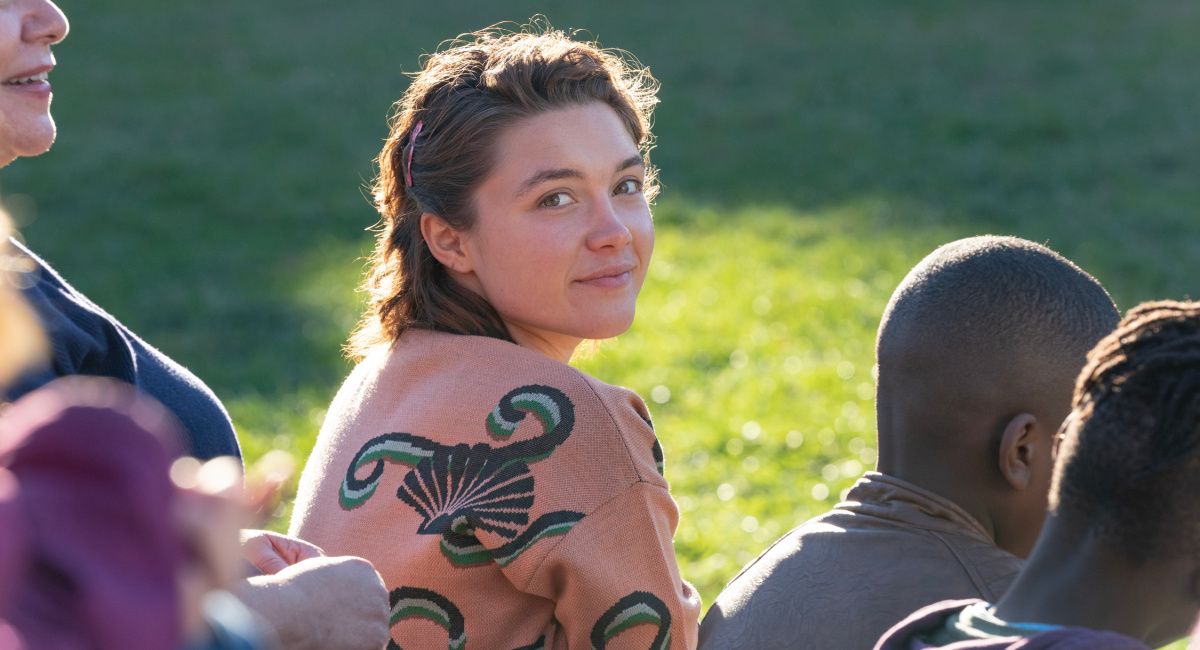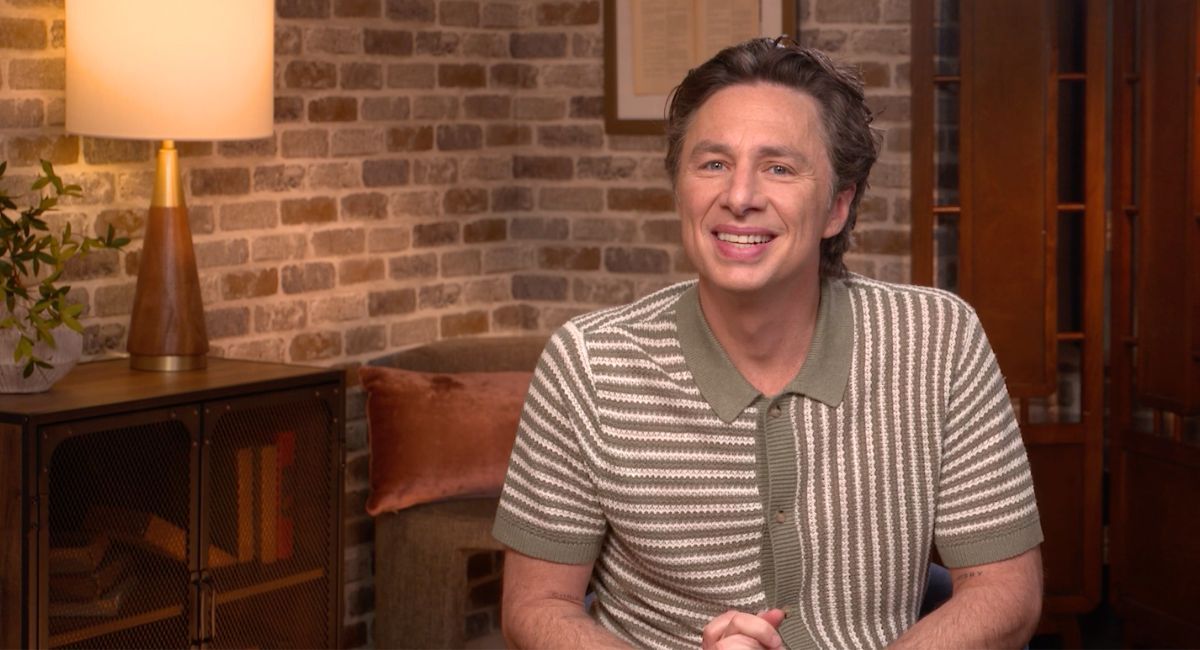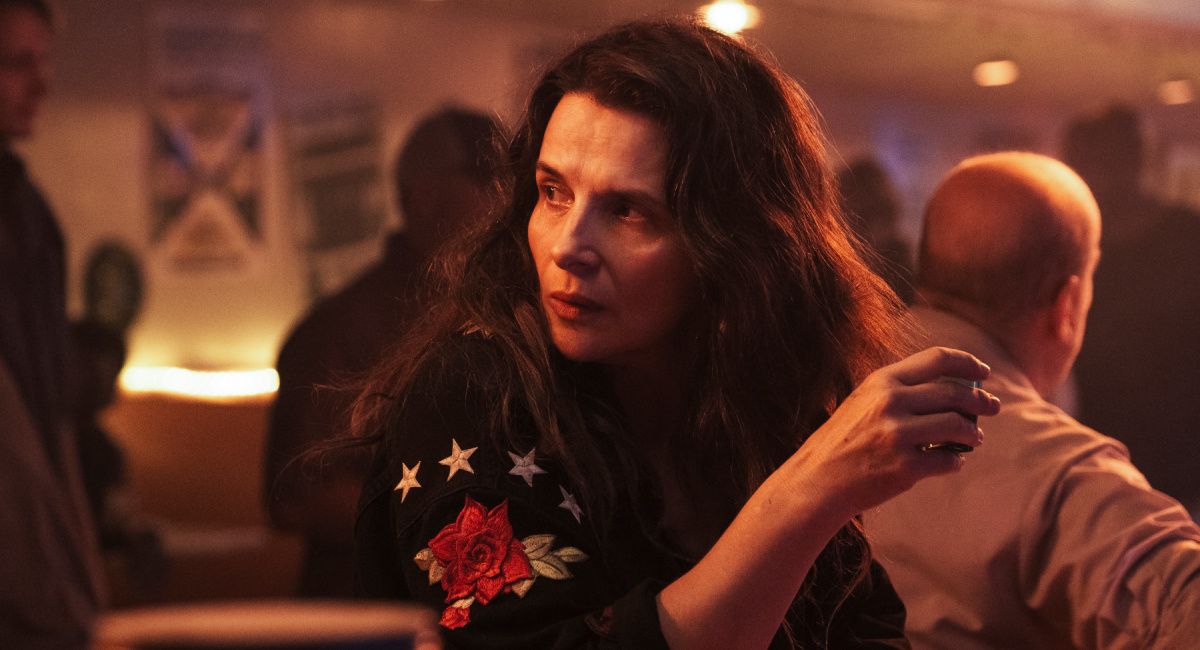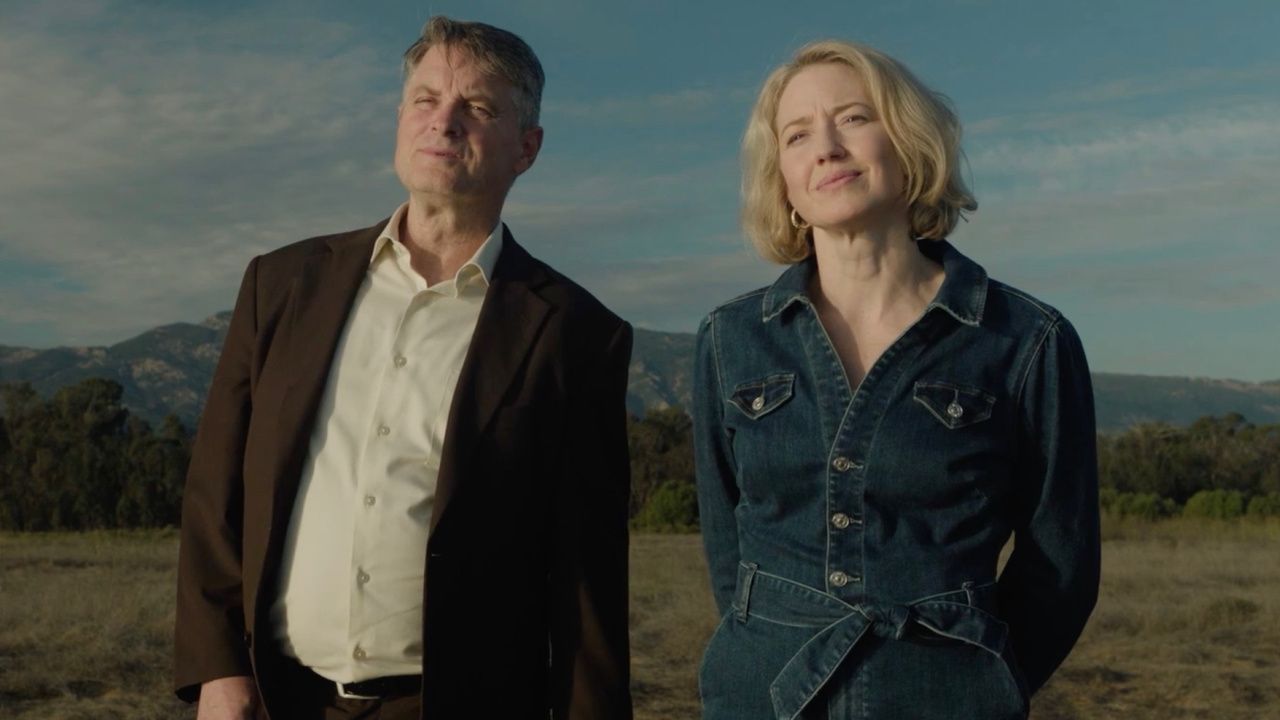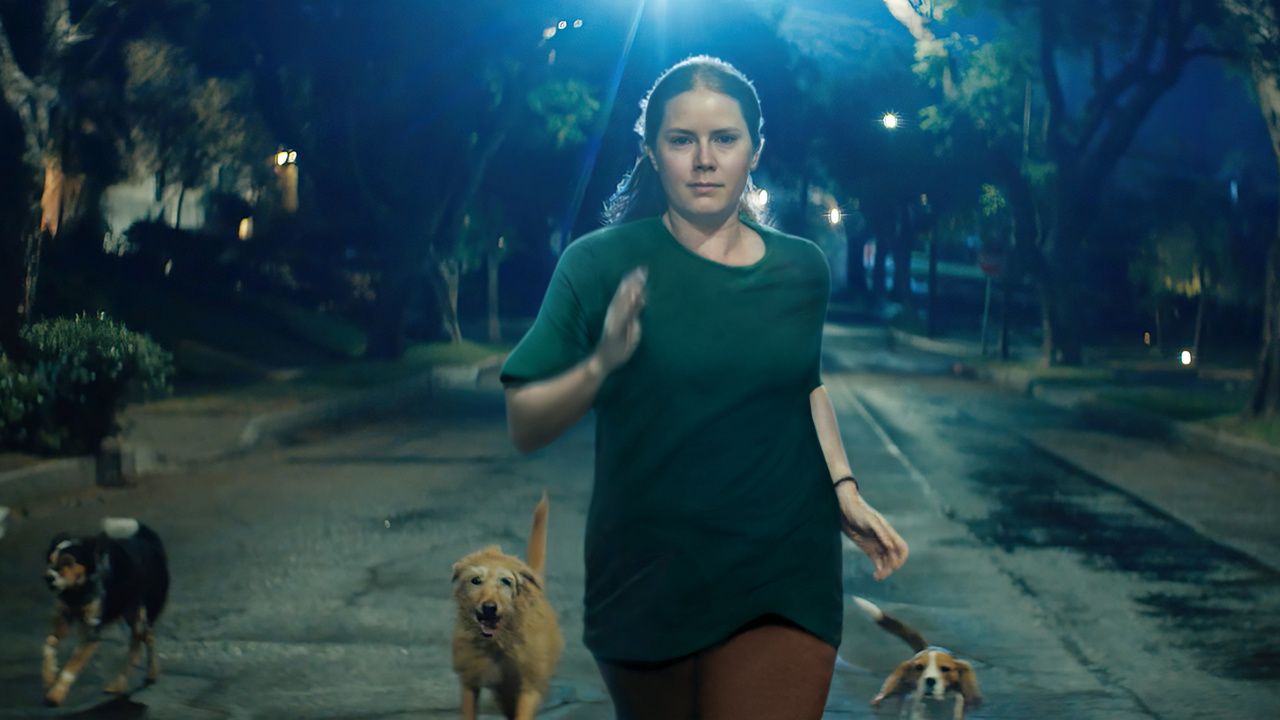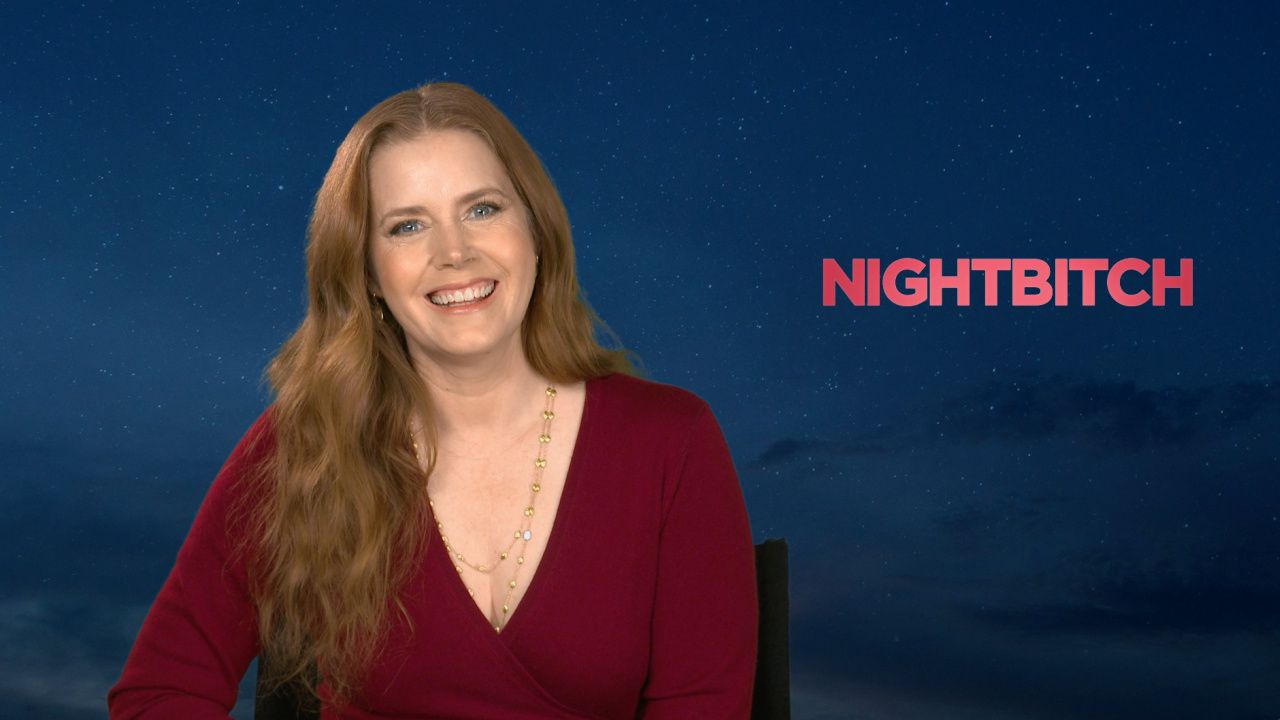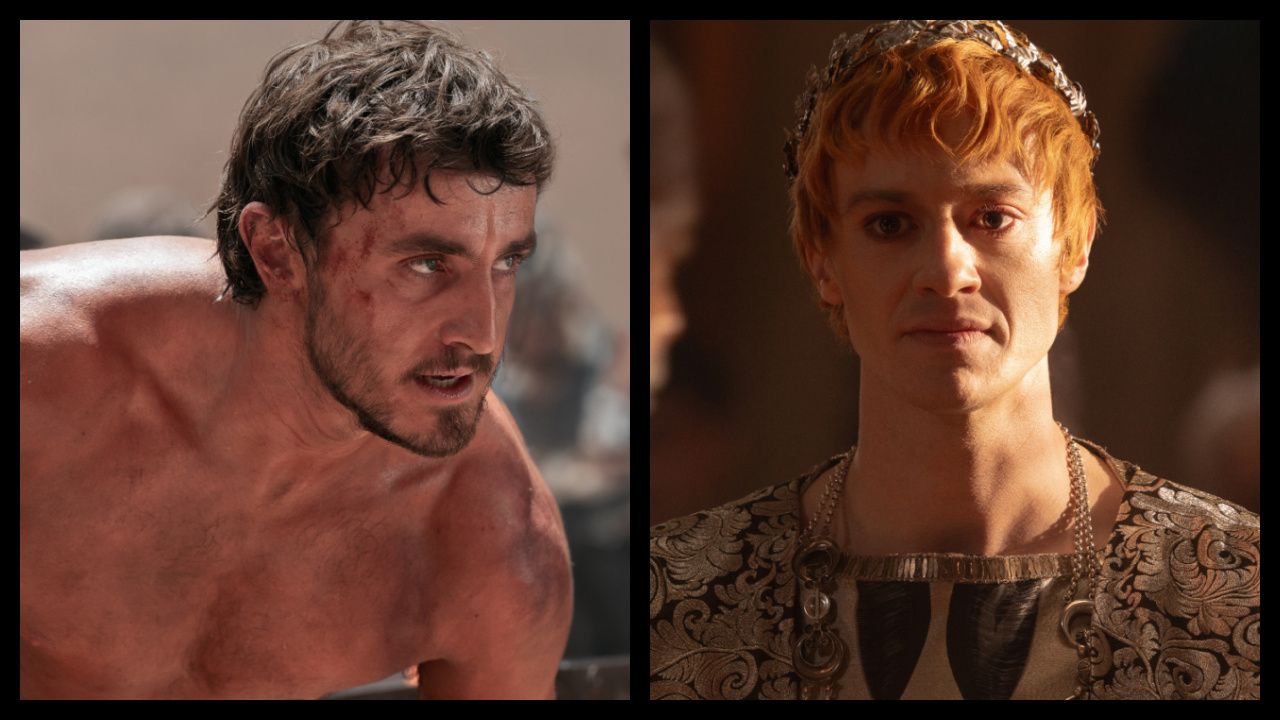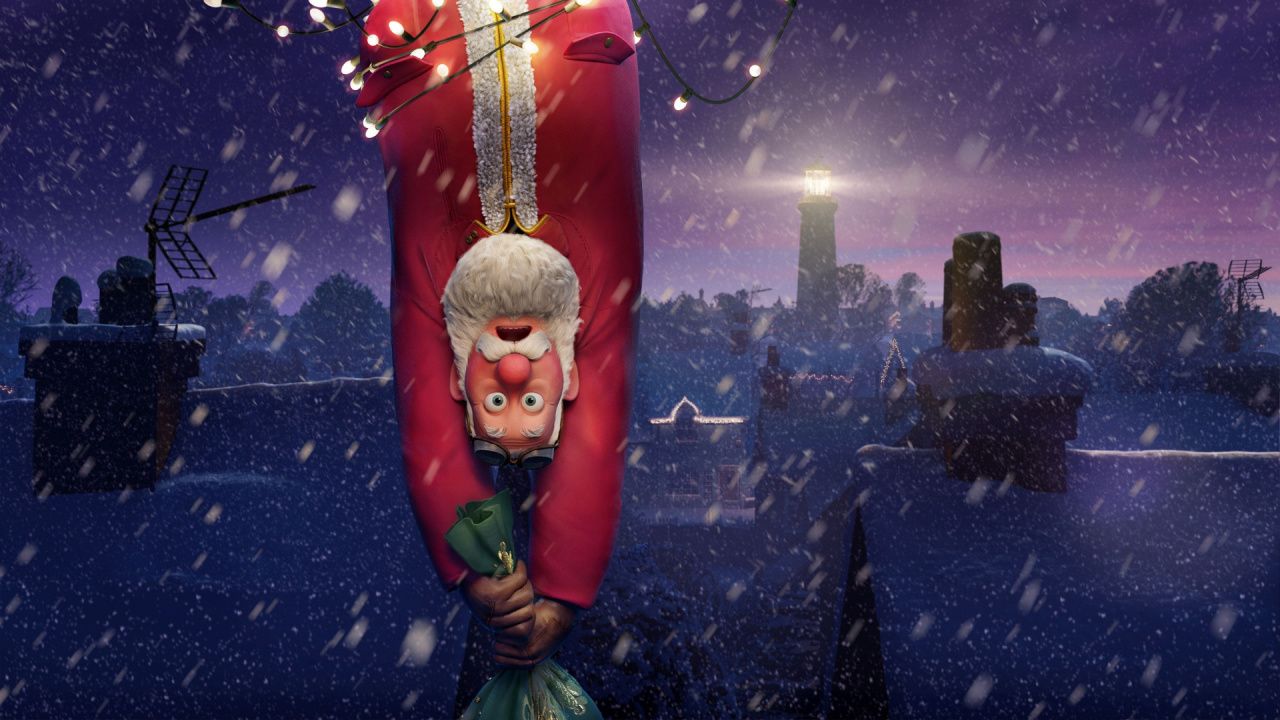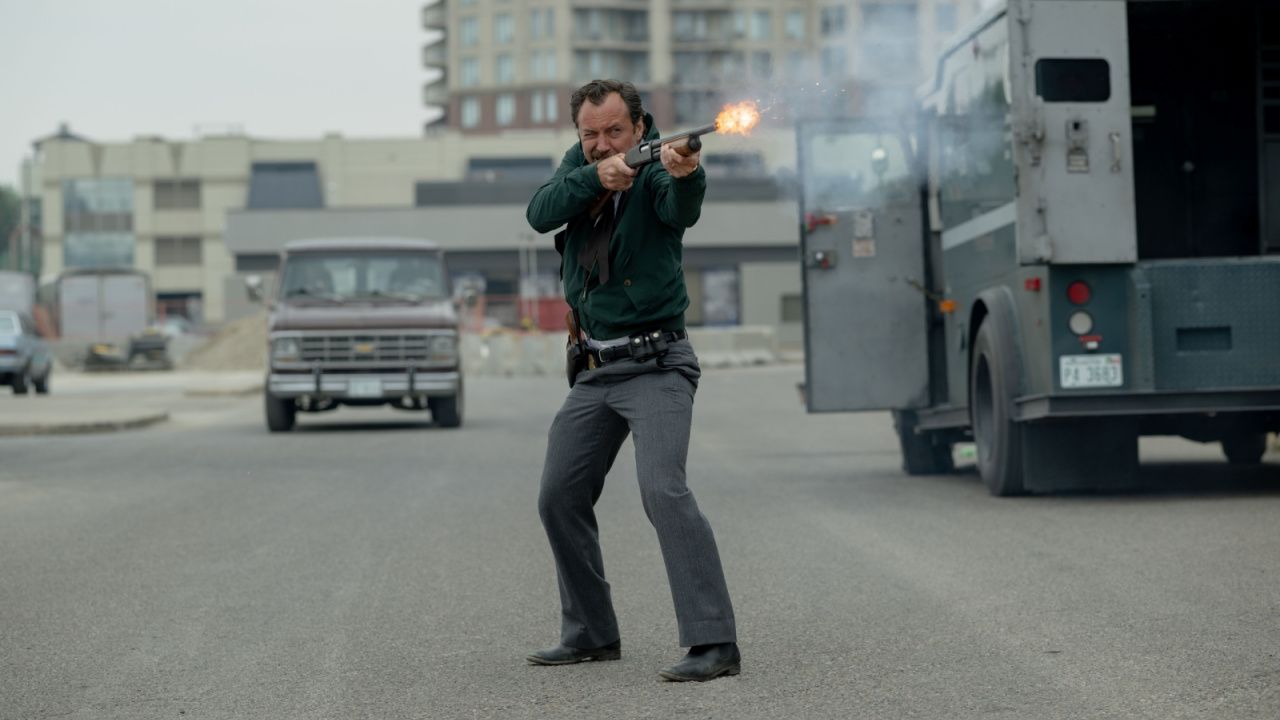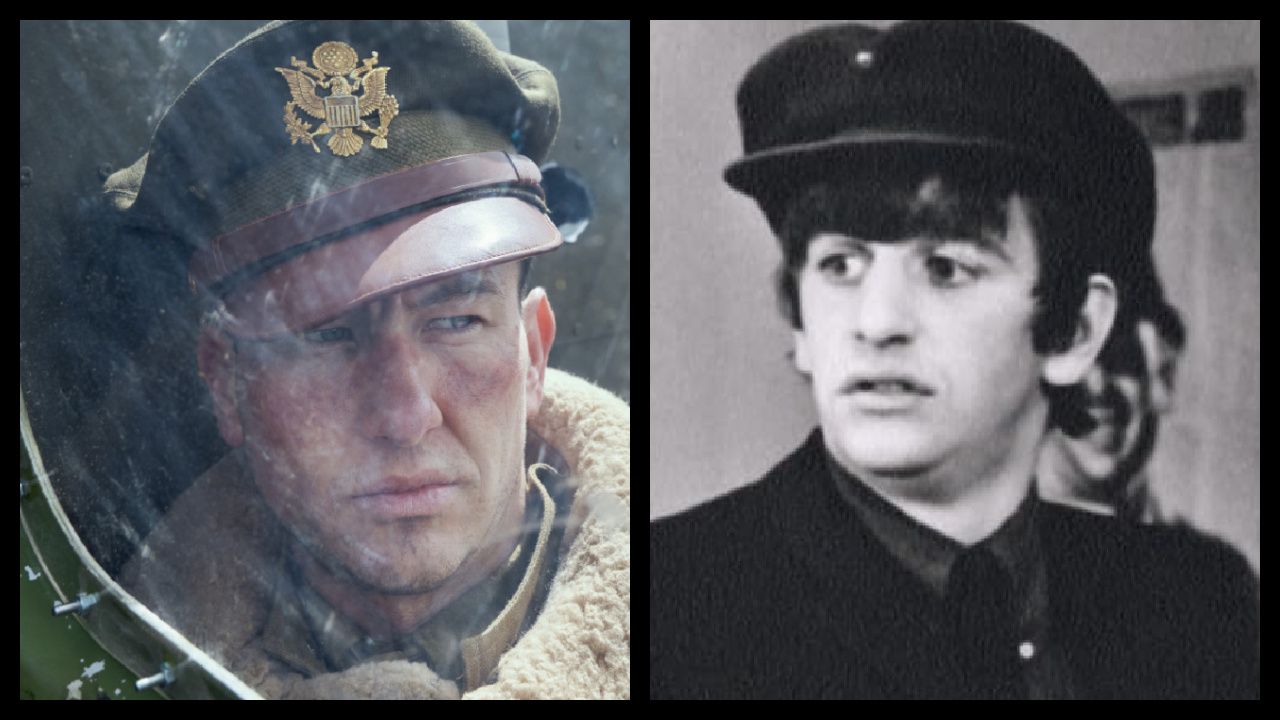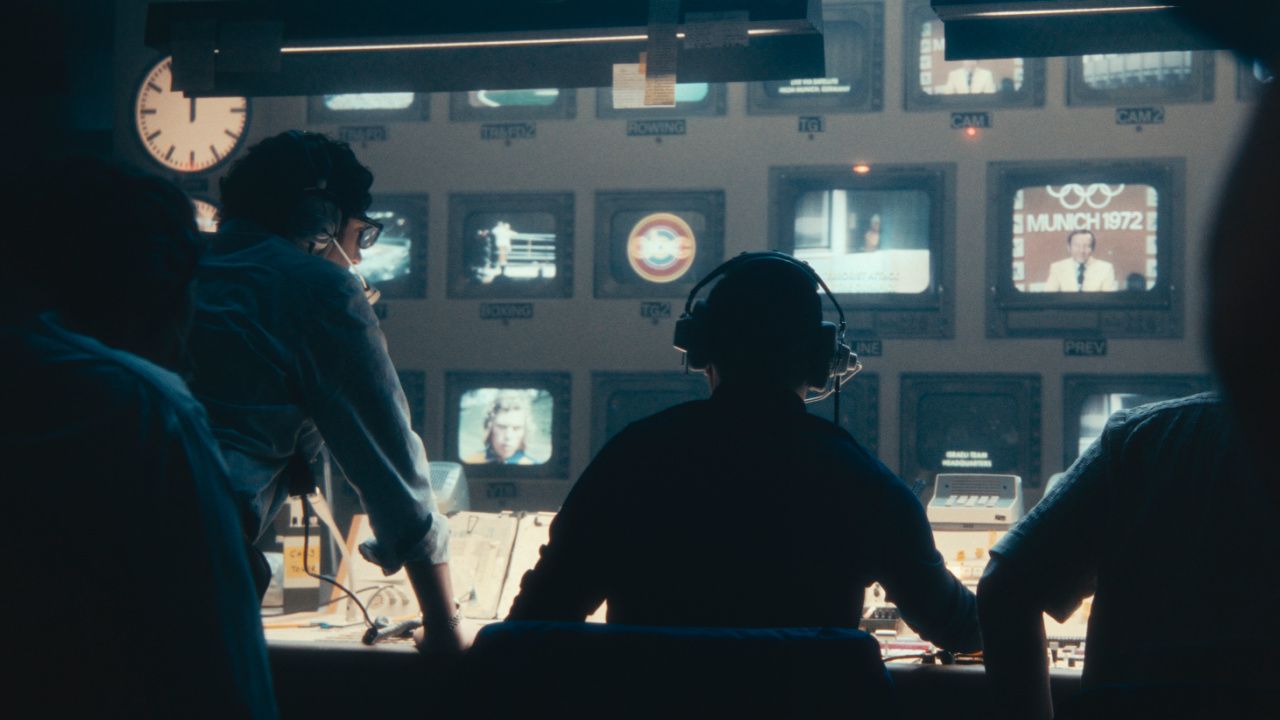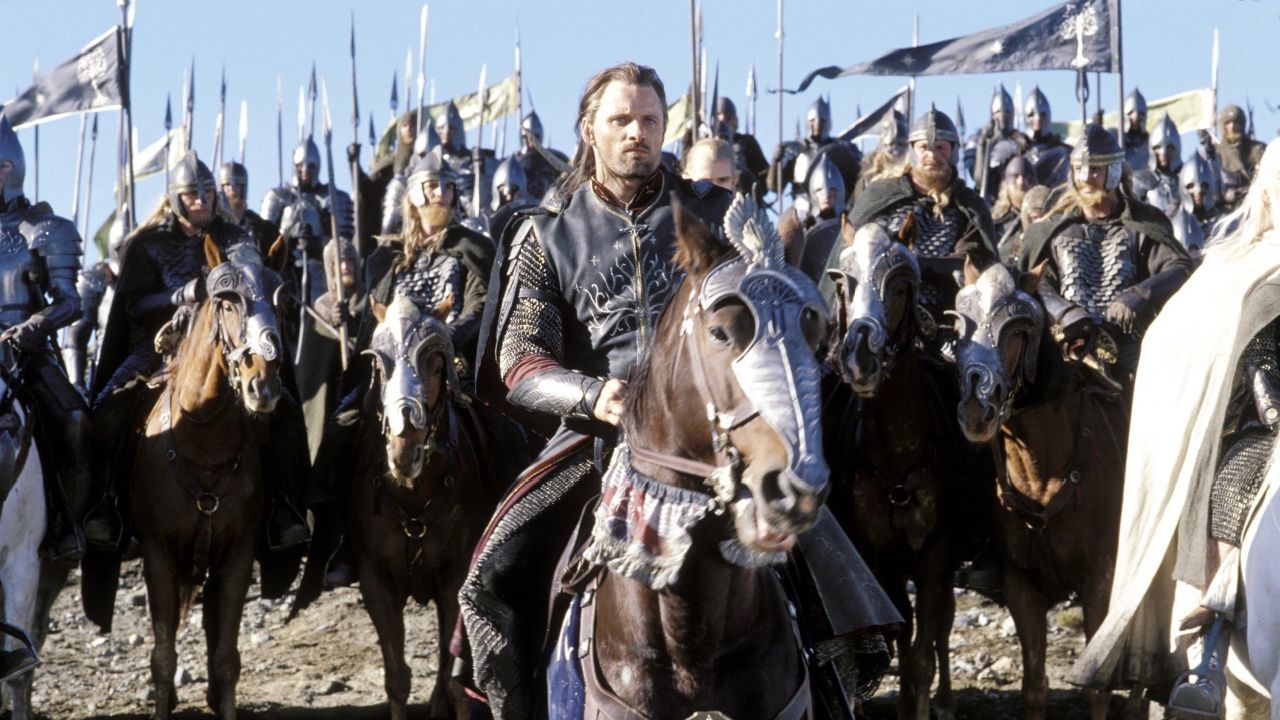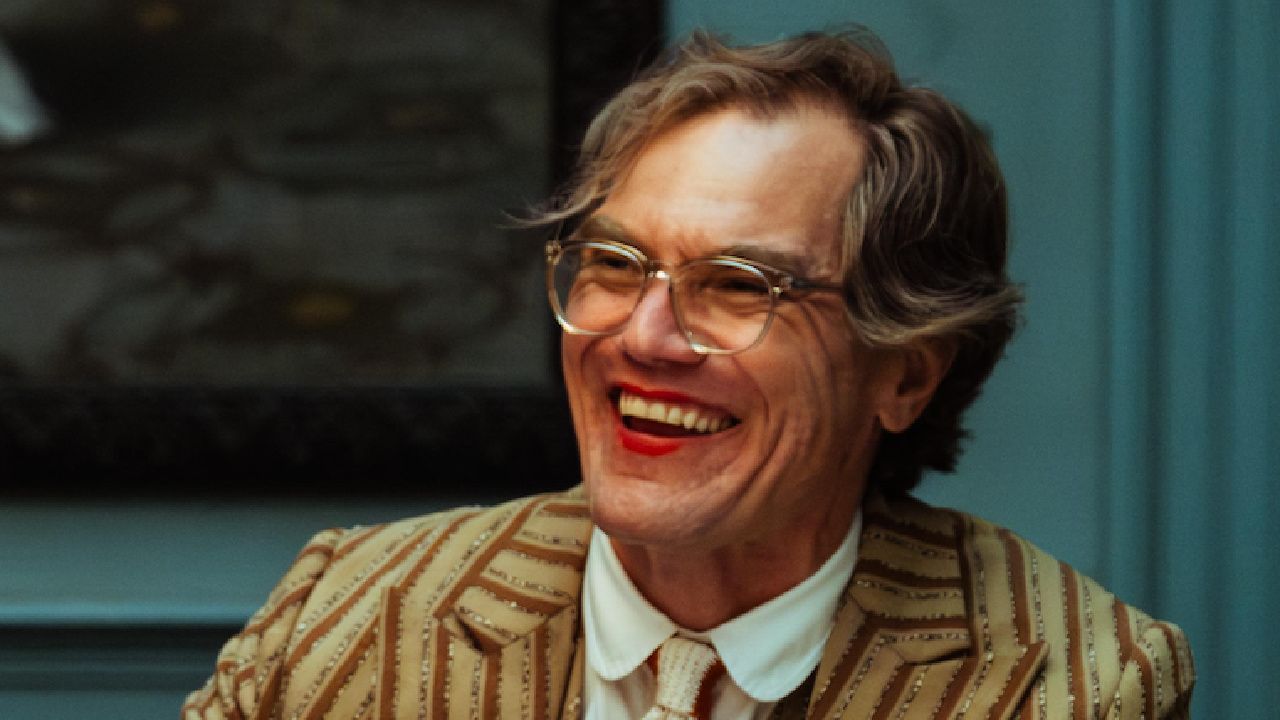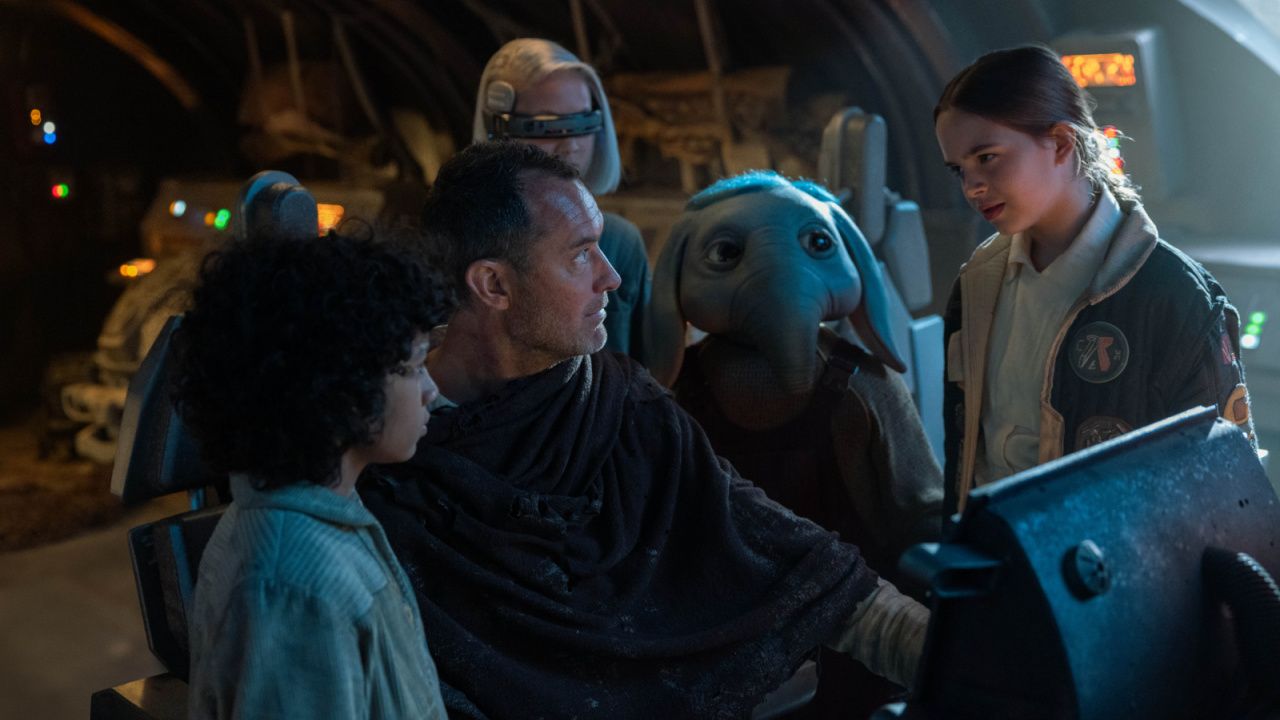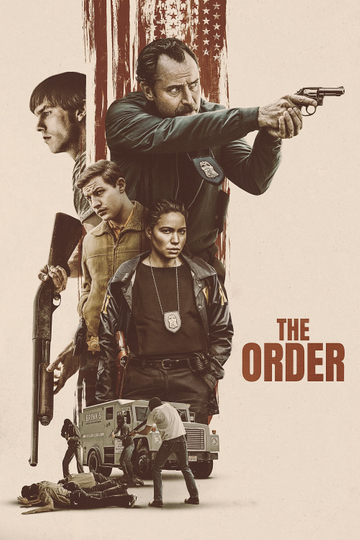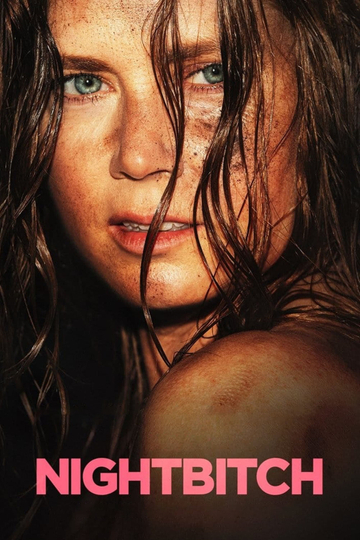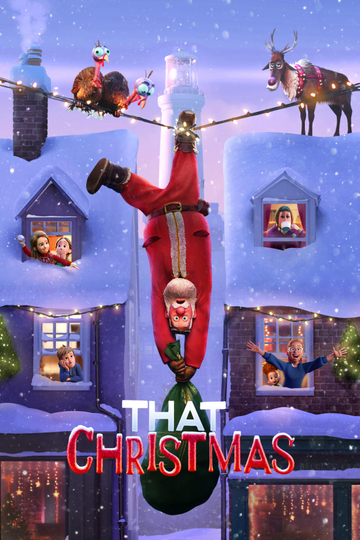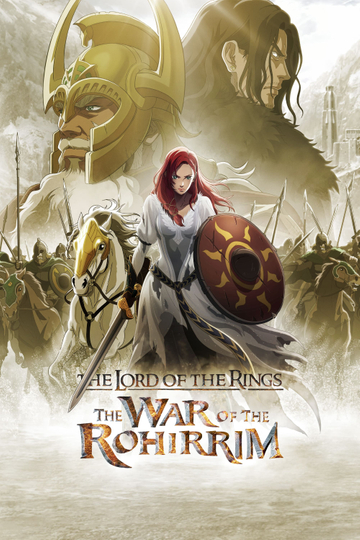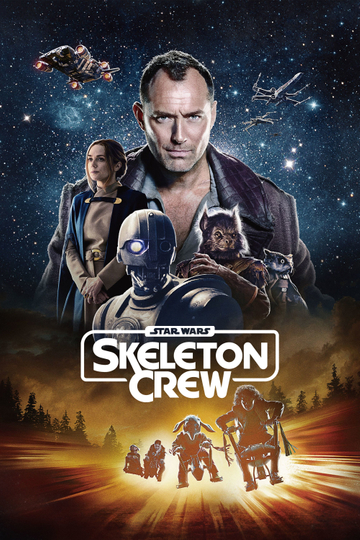14 Things You Never Knew About Clint Eastwood's 'Unforgiven'
"I will never win an Oscar and do you know why?" Clint Eastwood asked, back in the 1970s. "First of all, because I'm not Jewish. Secondly, because I make too much money for those old farts in the Academy. Thirdly, and most importantly, because I don't give a f***."
Eventually, however, came "Unforgiven." Released 25 years ago this week, on August 7, 1992, Eastwood's final western would, of course, win a wagonload of Oscars, including Best Picture and Best Director for Eastwood. At the time, it seemed like a career summation for the then-62-year-old legend; a quarter-century later, it looks like just the beginning of Eastwood's prestige period, one that would see him rewarded with many more Oscar trophies and nominations.
An instant classic, "Unforgiven" has never been far from TV screens for long. Still as many times as you've watched Eastwood's William Munny unleash righteous fury upon the townsfolk of Big Whiskey, there's plenty you may not know about the movie. Here are the unabridged, undisclosed secrets of "Unforgiven."
1. Before the screenplay for "Unforgiven" went into production, it had been kicking around Hollywood for 15 years. David Webb Peoples wrote it long before making his name as a screenwriter with his work on 1982's "Blade Runner." His inspirations were "The Shootist" (a novel about an old gunslinger that became John Wayne's last movie in 1976) and "Taxi Driver," which showed Peoples that a movie could depict violence with intelligence and realistic awfulness and still be entertaining.
2. One reason the screenplay may have been a hard sell was its title, alternately "The William Munny Killings" or "The Cut-Whore Killings."
3. Nonetheless, Francis Ford Coppola optioned the rights in 1984. The "Godfather" director was unable to assemble financing, and when his option expired a year later, Eastwood picked it up.
4. Longtime Eastwood collaborator Sonia Chernus (who co-wrote his western "The Outlaw Josey Wales") thought Peoples' script was "trash" and urged Eastwood to walk away from it. But while Eastwood was looking for someone to rewrite another project, he read "The Cut-Whore Killings," unaware that it was the same script Chernus had hated.
5. Eastwood liked it so much that he didn't change a thing except for the title.
6. Peoples recalled that Frances Fisher, who played Strawberry Alice in "Unforgiven," told him the film marked the first time she'd ever seen an entirely white-paged shooting script, without the color-coded pages indicating revisions.
7. As much as he liked the screenplay, Eastwood still sat on it for six years. He explained later that he was waiting until he felt he was old enough to play the lead.
8. Eastwood had never directed a movie in Canada before because of labor rules that would have barred him from bringing in most of his regular crew. But Canadian authorities were so eager to lure the filmmaker that they granted him a waiver -- they allowed him to bring anyone who'd made five or more films with him. That amounted to about 50 Eastwood regulars.
9. The town of Big Whiskey was a set built on a remote plain in Alberta, 60 miles from the nearest city, which was Calgary. (Eastwood didn't want any signs of 20th-century civilization visible on the horizon.) The set wasn't just storefront facades but fully equipped interiors as well.
10. Frequent Eastwood composer Lennie Niehaus wrote most of the score, but the sweet, haunting main theme was composed by Eastwood himself.
11. Playing sadistic sheriff Little Bill Daggett, Gene Hackman said his performance was inspired by Daryl Gates, the controversial Los Angeles police chief who had become notorious a few months before the shoot during the Rodney King police beating. In fact, Hackman referred to the sequence where he tortures Ned Logan (Morgan Freeman) as "my Rodney King scene."
12. Despite the A-list cast and the town built from scratch, "Unforgiven" cost just $14 million to make. It earned back $15 million on its opening weekend, a record at the time for an Eastwood movie. In total, it earned $101 million in North America and another $58 million abroad.
13. The Academy nominated "Unforgiven" for nine Oscars. Three nominations were for Eastwood: Best Picture (as producer), Director, and Actor. Other nominations included Best Original Screenplay, Cinematography, Sound, and Art Direction. The film won four Oscars: Picture, Director, Editing, and Supporting Actor, for Hackman.
14.Ken Watanabe starred in a Japanese remake of "Unforgiven" in 2013, in which the story was retold as a samurai drama. That was a fitting treatment for Eastwood's final western, since Watanabe had starred in Eastwood's "Letters From Iwo Jima," and since the first western Eastwood starred in, "A Fistful of Dollars," was itself a remake of a classic Japanese samurai film, Akira Kurosawa's "Yojimbo."
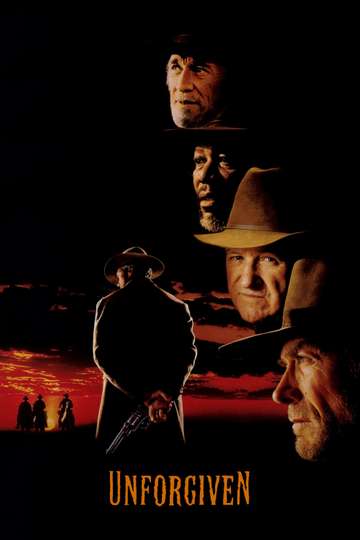
Unforgiven












